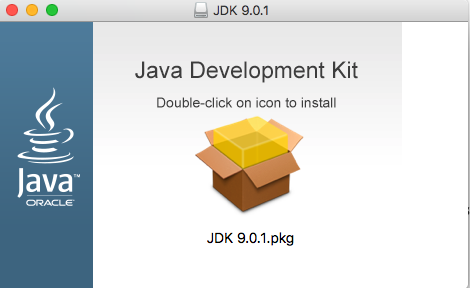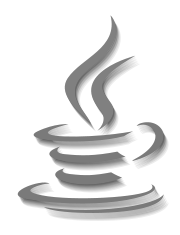

If it does not work, some applications require legacy Java 6 to be installed. You should be done now, so try and open the application. This will get the latest installed Java’s home directory by default, but check out man java_home for ways to easily get other Java home directories.

bash_profile like Jared suggests:Įcho "export JAVA_HOME=\`/usr/libexec/java_home\`" > ~/.bash_profile The recommended way is to use /usr/libexec/java_home program, so I recommend setting JAVA_HOME in your.
JDK 6 DOWNLOAD MAC OS X SOFTWARE
Optional: If you’re actually using the JDK for software development, you may want to set the JAVA_HOME environment variable./jre/lib/server/libjvm.dylib libserver.dylib Sudo mkdir -p Contents/Home/bundle/Libraries Create a link to add backwards compatibility for some applications made for older Java versions:.The fourth line is not required, but makes the file more user-friendly if you open it again in a text editor. The third line fixes a permissions issue create by using defaults write. Sudo defaults write "`pwd`/Contents/ist" JavaVM -dict-add 'JVMCapabilities' 'JNIBundledAppCommandLine' Edit the JDK’s newly installed ist file to enable the included JRE to be used from the the command line, and from bundled applications:Ĭd `ls -1d /Library/Java/JavaVirtualMachines/jdk1.8.*.jdk | sort -rn -t _ -k 1.42 -k 2 | head -1`.You should end up with a file named something similar to jdk-8u60-macosx-圆4.dmg, but perhaps a newer version.

JDK 6 DOWNLOAD MAC OS X FULL
To run a different version of Java, either specify the full path, or use the java_home tool:

Java HotSpot(TM) 64-Bit Server VM (build 23.2-b04, mixed mode) Java(TM) SE Runtime Environment (build 1.8.0_06-ea-b13) If the installed version is 8u6, you will see a string that includes the text 1.8.0_06. You can determine which version of the JDK is the default by typing java -version in a Terminal window. It is possible for the version of the JRE to be different than the version of the JDK. When launching a Java application through the command line, the system uses the default JDK. There can be multiple JDKs installed on a system, as many as you wish. See "Note for Users of OS X that Include Apple Java 6 Plug-in". If you have not yet installed Apple's Java OS X 2012-006 update, then you are still using a version of Apple Java 6 that includes the plug-in and the Java Preferences app. Determining the Default Version of the JDK


 0 kommentar(er)
0 kommentar(er)
